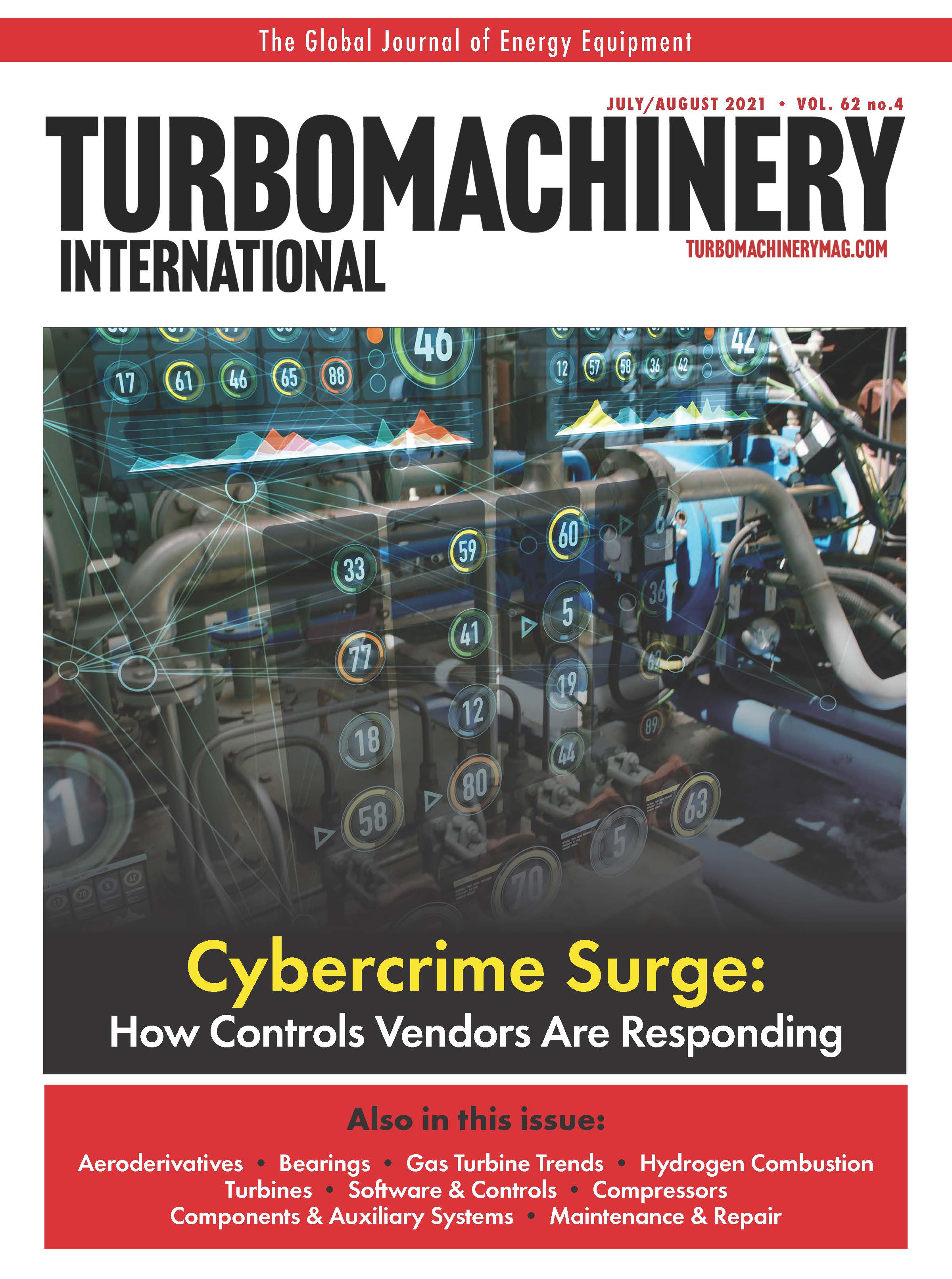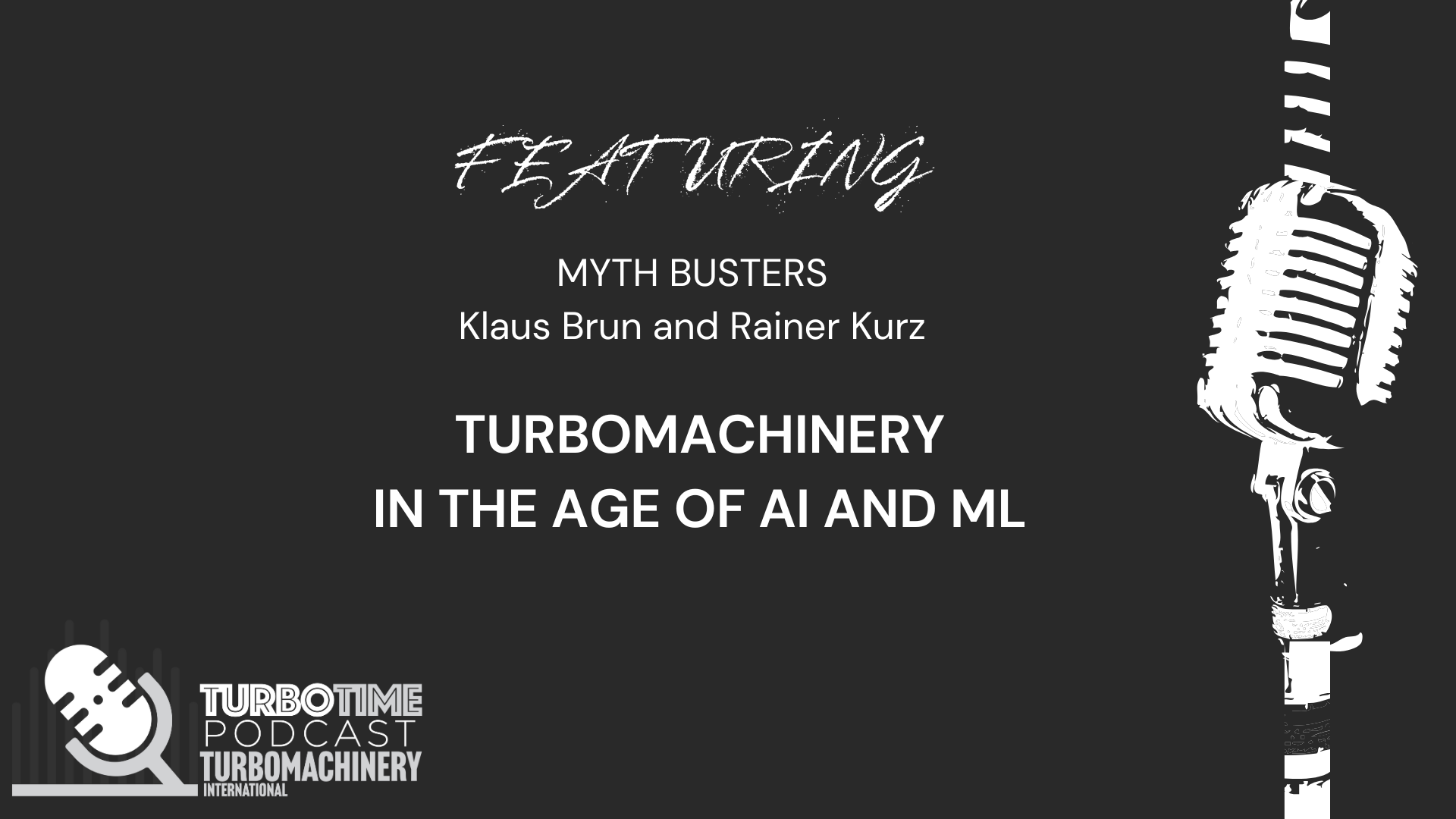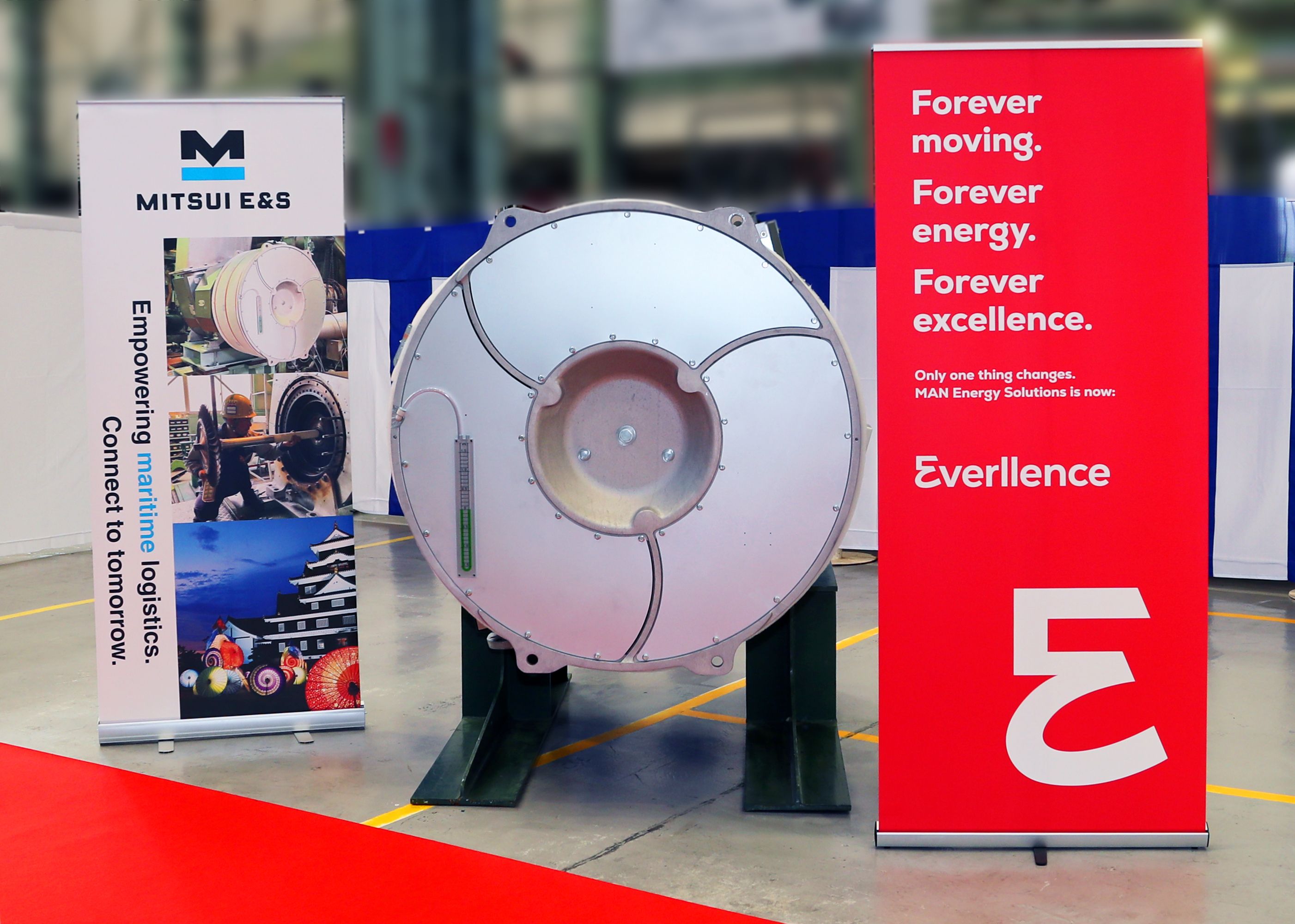Publication
Article
Turbomachinery Magazine
Vendor spotlight: Waukesha Bearings
Author(s):
Fluid film bearings, active magnetic bearings systems, and damper and seal technologies for turbomachinery.
ISFD technology, shown here as part of a Flexure Pivot tilt pad journal bearing, provides precise stiffness and damping to increase the dynamic stability of the rotor/bearing system. Courtesy of Waukesha Bearings.
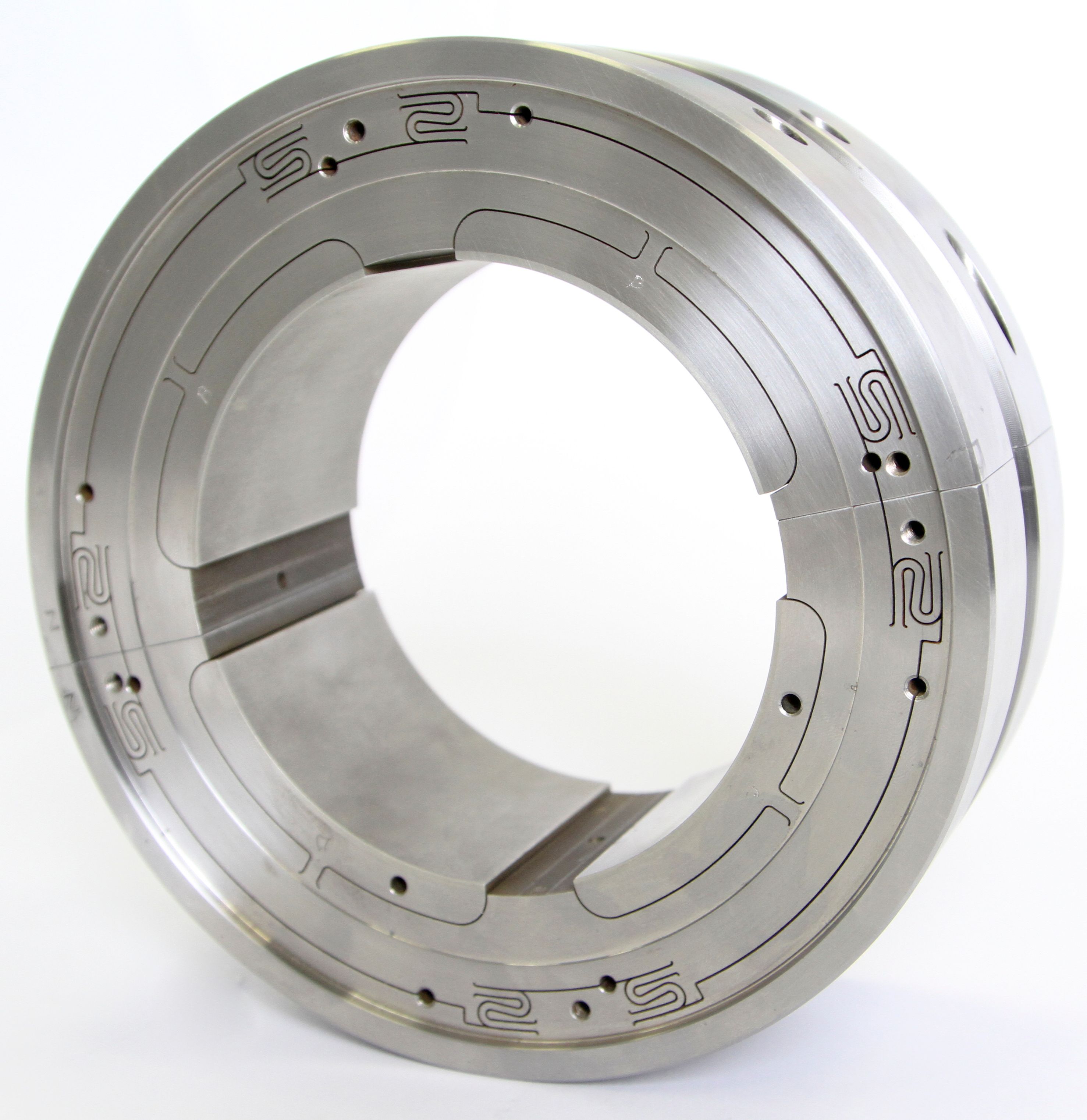
Waukesha Bearings provides custom-engineered hydrodynamic fluid film bearings, active magnetic bearings systems, and damper and seal technologies for turbomachinery across the oil & gas, power generation, marine, and industrial markets. Engineers apply design codes and predictive tools to tailor thrust, journal, or combination bearings to achieve optimum performance across the machine operating range.
The Waukesha Bearings Maxalign tilting pad journal bearing, for example, features a specialized ball and socket pivot, along with Directed Lubrication and trailing edge cooling to increase reliability and reduce power loss for rotating equipment with shaft diameters greater than 300 mm. Engineers optimize the bearing size and pad materials and tailor insulation, hydrostatic jacking, and instrumentation according to requirements.
“Each application is unique so we design each bearing to meet performance requirements, whether they are tilt pad or fixed profile, babbitt, bronze, polymer or ceramic, and small, medium, or large,” said Andrea Masala, Product Manager, Waukesha Bearings.
Waukesha Bearings fluid film bearing solutions support the market move toward decarbonization. For supercritical CO2, hydrogen, and other high[1]power density applications, the integral squeeze film damper and pocket damper seals help ensure stable rotordynamic systems.
Fluid film journal bearings with ISFD technology are ideal for applications requiring optimized stiffness and damping. Initially used as a problem solver for turbomachinery experiencing high vibrations due to rotor unbalance or instability, ISFD technology is used on high-speed and high-power density applications, such as integrally geared and inline compressors.
As compressors and turbines are designed for higher pressures and speeds to achieve the full potential of hydrogen and sCO2, the integration of ISFD technology enables rotor/bearing systems with journal peripheral speeds above 130m/s.
“The controlled stiffness and damping of ISFD technology, and the precise placement of critical speeds and rotor modes that this allows, will help address potential destabilizing forces in the system and minimize unbalance response,” said Masala.
Stability can be enhanced further with the application of pocket damper seals. Based on bulk-flow analysis, they can cope with a range of speeds and gas conditions to counter seal-induced instabilities. Waukesha Bearings is also working on new pocket damper seals to further increase damping characteristics and lower leakage.
MAGNETIC BEARING SYSTEMS
Waukesha Magnetic Bearings has been involved in magnetic bearing technology development for more than 30 years. Challenging applications in high pressures and aggressive gas have driven the market towards a mechanical solution with controller architecture. High controller functionality is available for both low-power controllers (for applications below 1 MW) and high-power controllers (for applications above 25 MW).
Modularity is another element of Waukesha Magnetic Bearings systems. The Zephyr controller, for instance, allows enough flexibility to integrate software and hardware features within the same enclosure. Automated commissioning is also available. This is a repeatable process that provides commissioning and maintenance autonomy for OEMs and end users, with available training, remote support and field service from active magnetic bearing (AMB) specialists.
The skid-mounted magnetic bearing controller introduced by Waukesha Magnetic Bearings in 2019, reduces installation time and avoids the need for long field cables from the controller to the machine. Skid mounted AMB controllers can provide modularity for different size units, oil free operation, and the convenience of remote maintenance that fluid film bearings cannot. Skid mounted AMB’s primary application is in turboexpanders for gas processing plants, but have also been applied in various industries and services.
The ARES AMB Turboexpander-Compressor from L.A. Turbine features the industry’s first on-skid magnetic bearing controller. Courtesy of L.A. Turbine.
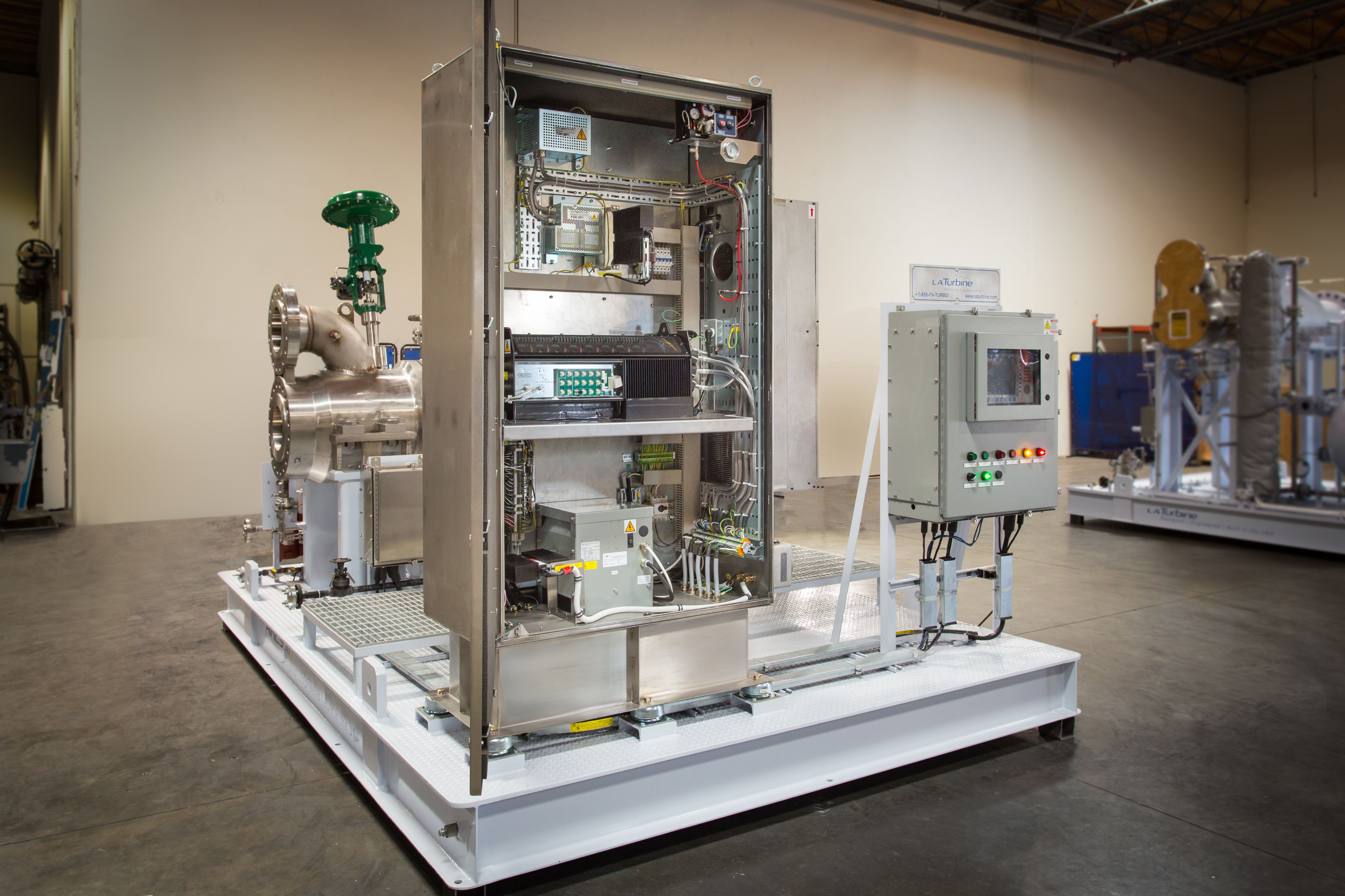
BRUSH SEALS
Brush seals are commonly used in gas and steam turbines to minimize leakage and improve performance. They are also applied to increase the efficiency of compressors operating on fluid film or magnetic bearing systems.
The Waukesha Bearings’ brush seal is closely packed with alloy bristles that deflect with rotor movement and experience minimal wear. This brings about a smaller leakage gap between the sealing surface and rotor. The bristle strips can be replaced without throwing away the seal assembly.
On AMB-equipped compressors, brush seals protect and augment labyrinth seals. The gap between the levitated rotor and labyrinth seal must correspond to the distance from the rotor to the auxiliary bearings. Otherwise during coast down, the rotor would contact and roll the labyrinth seal teeth. Augmenting labyrinth seals with brush seals reduces sealing clearances and leakage during operation. Upon rotor delevitation, the bristles deflect in response to rotor weight, protecting the seal. The bristles return to their original state once the rotor is levitated.
Modular brush seal assembly on an AMB-equipped compressor. Courtesy of Waukesha Bearings.
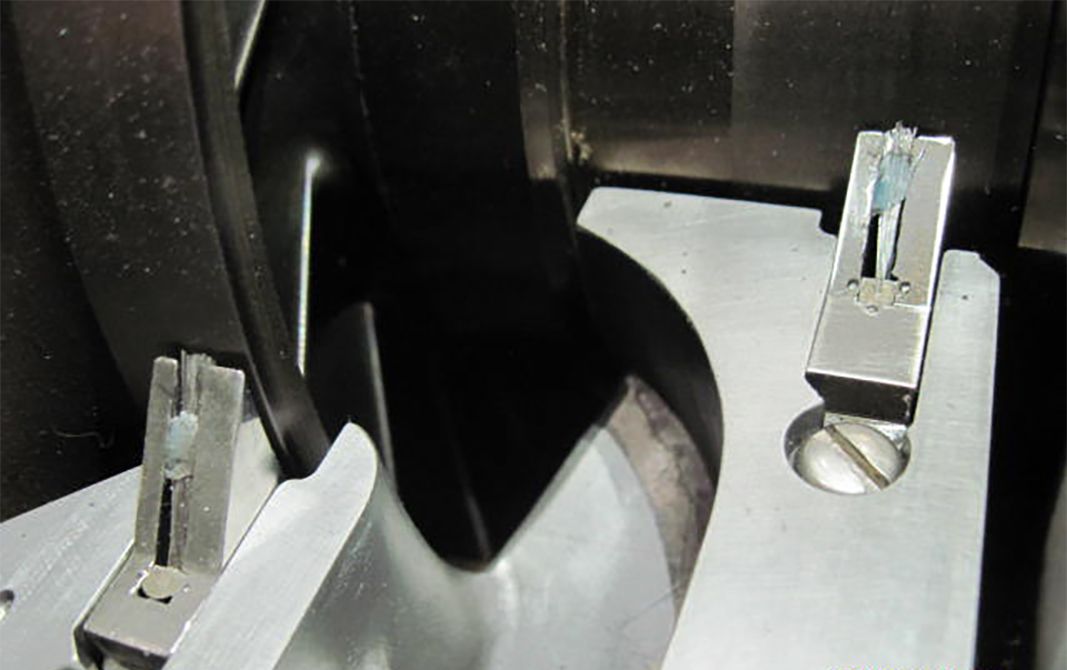
ROTORDYNAMIC ANALYSIS
Custom-engineered solutions rely upon rotordynamic analysis. In AMB-equipped turbomachinery, the bearings, rotor, and process are deeply integrated in shaping machine dynamics. Waukesha Bearings’ engineers collaborate with OEM engineers throughout design and development to understand application needs and support rotor design optimization. Direct measurement of forces and displacement with magnetic bearings, and correlation with operating conditions, allows the characterization of mechanical and process interaction. Control algorithms address destabilizing seal effects and process upset conditions.
“In traditional power generation and oil & gas applications, we see OEMs and end users push equipment to produce more power from the same footprint, operate more efficiently and be more operationally flexible,” said Masala. “From a fluid film bearing perspective, that translates into requirements for power loss reduction, higher load capacity, highly tuned bearing dynamic characteristics, and the ability to handle higher temperatures, frequent starts and stops, and off-design conditions. These demands are being met with a combination of design elements, such as trailing edge cooling, ISFD technology and damper seals, and advanced bearing materials, such as polymer and aluminum tin.”
Newsletter
Power your knowledge with the latest in turbine technology, engineering advances, and energy solutions—subscribe to Turbomachinery International today.
